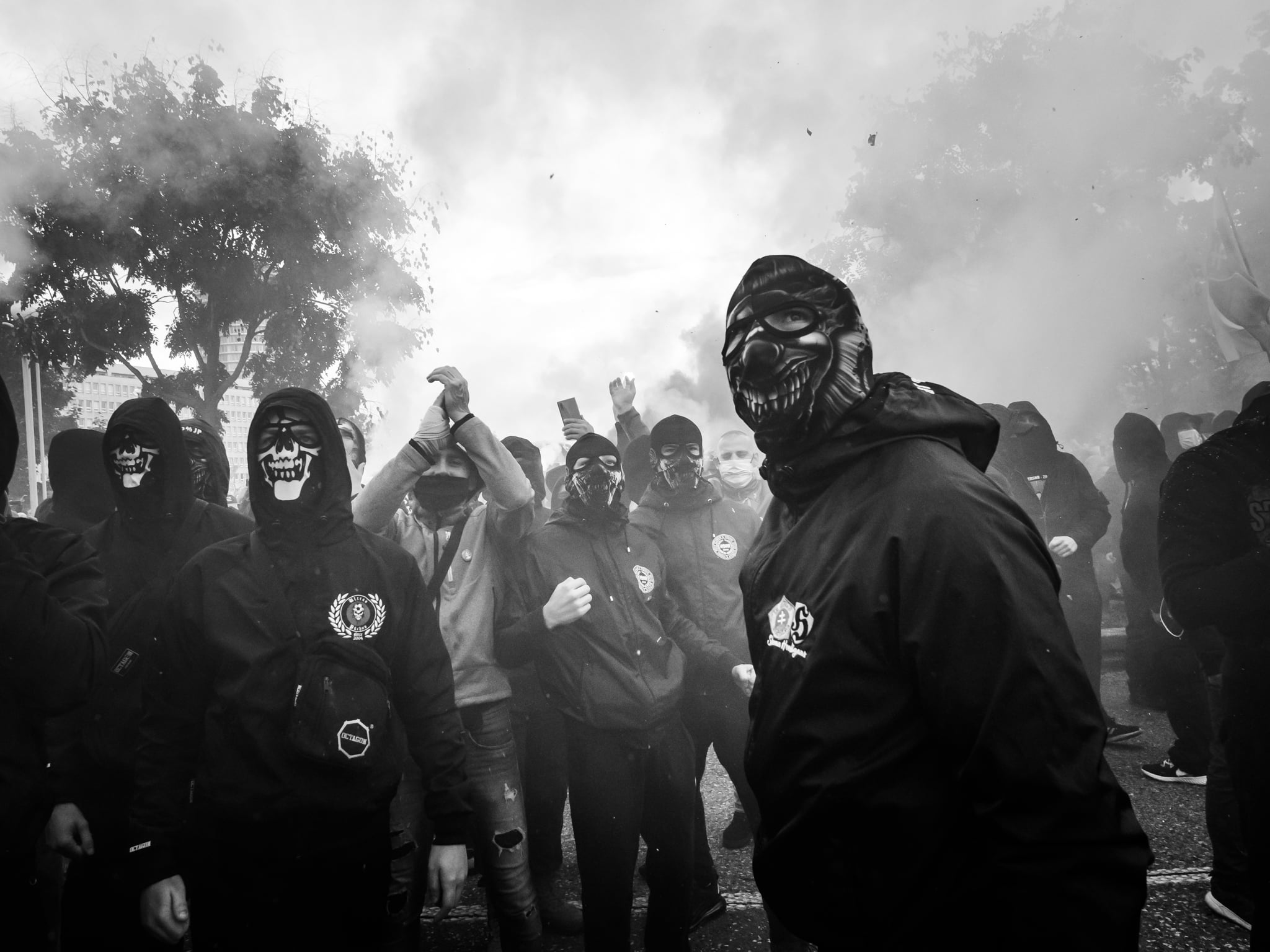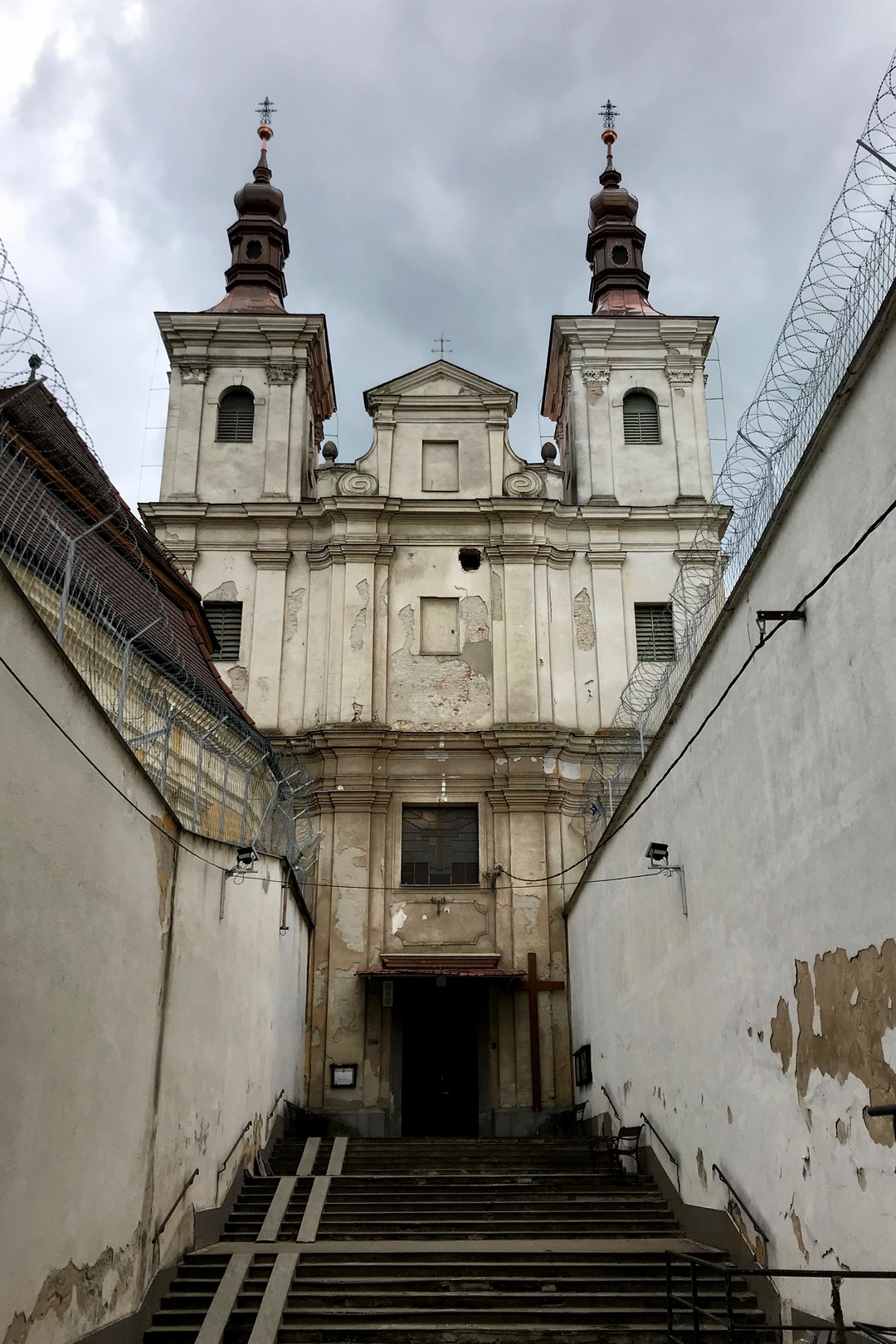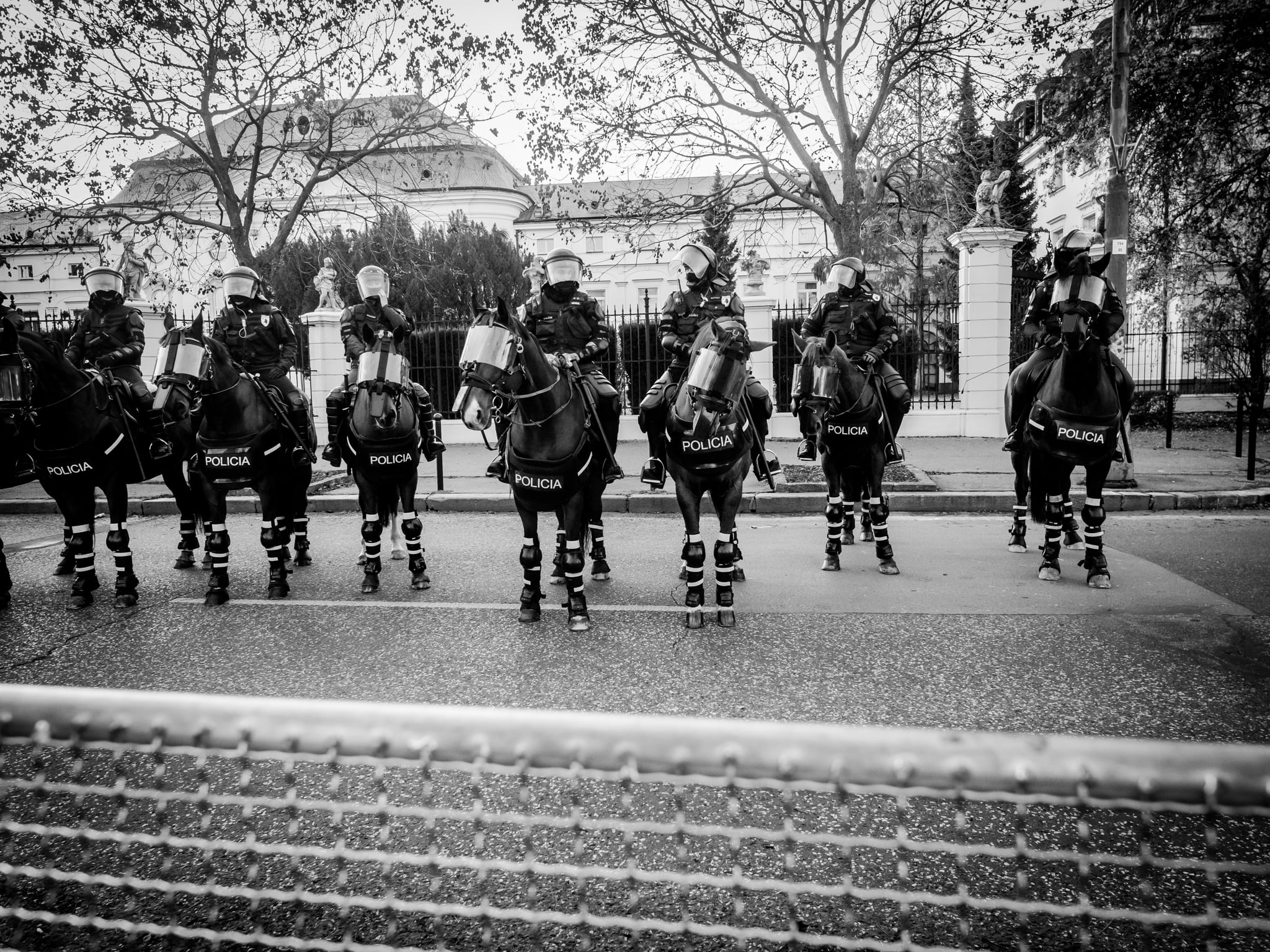Princíp kontradiktórnosti v prípravnom trestnom konaní
Adversariality in preparatory criminal proceedings
Anotácia: Autorka sa v článku venuje otázke kontradiktórnosti trestného konania ako jednej zo základných zásad trestného konania so zameraním na uplatnenie tejto zásady v trestnom konaní. V článku sa autorka zamerala na objasnenie pojmu kontradiktórnosť, ďalej nadviazala na všeobecné vymedzenie kontradiktórnosti, ako zásady trestného konania. Vzhľadom k tomu, že ide o kategóriu širokého významu, tieto definície sa snažila autorka vymedziť čo najpresnejšie a nezameriavala sa na jej porovnanie s ostatnými zásadami trestného konania, ale zamerala sa iba na zásadu kontradiktónosti. Ďalej sa v článku autorka venovala uplatneniu zásady kontradiktórnosti vo vybraných pocesných úkonoch tresného konania so zameraním na uplatnenie práv obvineného a výnimkam zo zásady kontradiktŕonosti v prípravnom konaní. Taktiež je pozornosť venovaná porušeniu zásady kontrakdiktórnosti v prípravnom konaní v štvrej kapitole.
Kľúčové slová: kontradiktórnosť, obvinený, prípravné konanie.
Anotation: In the article, the author deals with the issue of adversariality of criminal proceedings as one of the basic principles of criminal proceedings with a focus on the application of this principle in criminal proceedings. In the article, the author focused on clarifying the concept of adversariality, and followed up on the general definition of adver-sariality as a principle of criminal procedure. Given that this is a category of broad meaning, the author tried to define these definitions as precisely as possible and did not focus on its comparison with other principles of criminal proceed-ings, but focused only on the principle of adversariality. Furthermore, in the article, the author focused on the applica-tion of the adversarial principle in selected post-clerical acts of criminal proceedings with a focus on the exercise of the rights of the accused and exceptions to the principle of adversariality in preparatory proceedings. Attention is also paid to the violation of the principle of contradictory in the preparatory proceedings in the fourth chapter.
Key words: adversarial, accused, preparatory proceedings.






